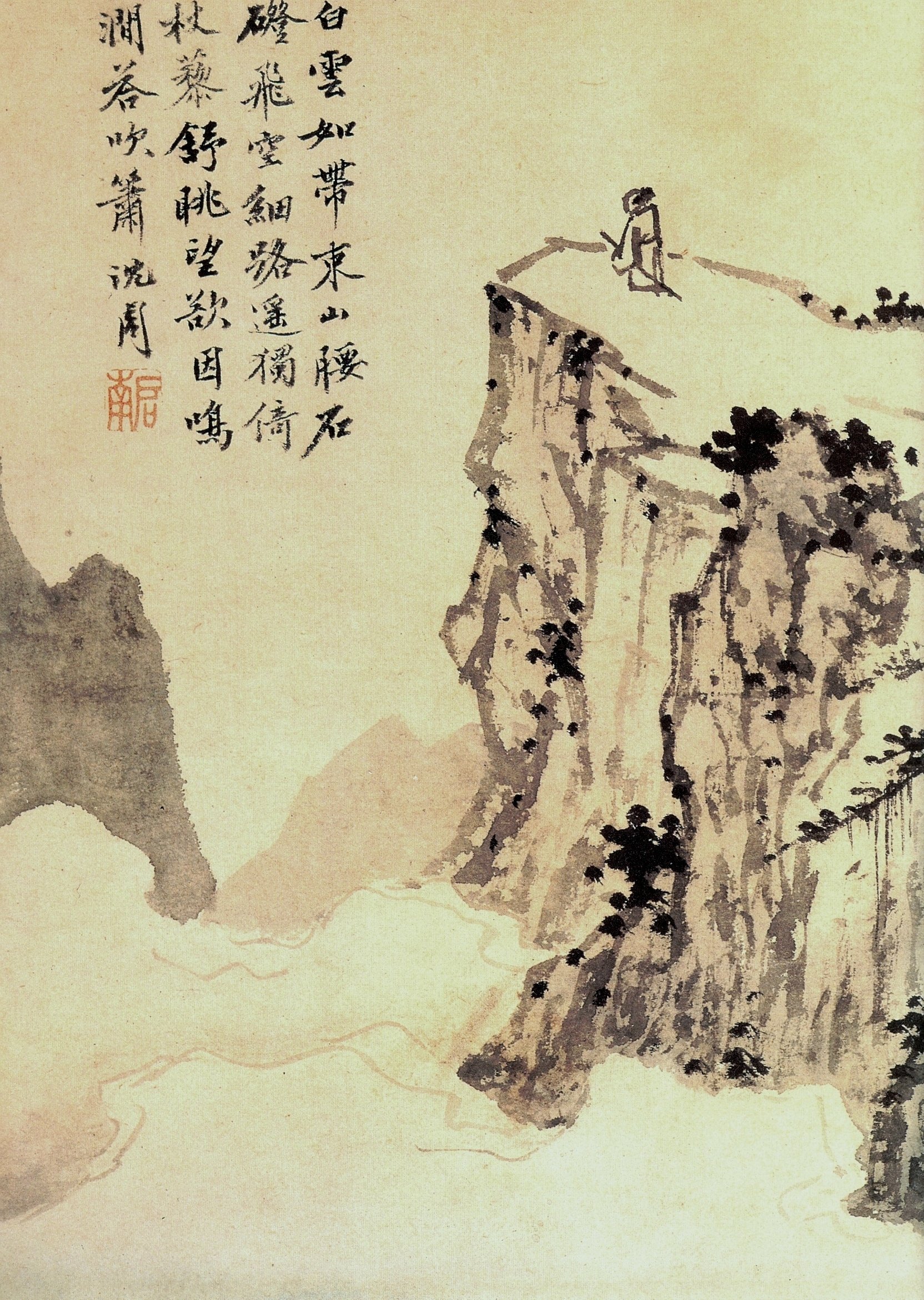
Episode 3: What is Genealogy?
Teaching Aid
Teaching Aid for Episode 3: What is Genealogy?
Teachers: please read the introduction to these teaching aids first.
Pre-Listening Journal/Discussion Questions
How would you define genealogy?
What do you know about your own genealogy? Are there aspects of your genealogy that you are proud of? Are there aspects of your family history that you wish were different?
How does your knowledge of your genealogy shape how you think about yourself in the present?
Listening Guide
Literal Family Genealogy as a Starting Point [0:00-7:55]
Who are the GU272?
What is literal genealogy?
How can genealogy be used as an analogy to think about our relationship to the past?
What two forms of modernity thinking does Michael Puett identify? How do the GU272 show the fallacies of these two kinds of modernity claim?
Literal Genealogy–Family History [7:55-15:05]
How does genealogical thinking (both literal and analogical) challenge the two forms of modernity thinking laid out earlier in the episode?
Theory Bridge: Genealogy Used as Analogy for History [15:05-23:27]
What is the task of critical genealogy?
How is critical genealogy at work in one of the following?
The historical research of J. Horace Round and Sara Trevisan
The 1619 Project
Nietzsche’s On the Genealogy of Morality
What is the danger of just focusing on critical genealogy?
Medieval Genealogy and the Reconciling Imagination [23:27-29:05]
Watch the 4-minute video “Genealogy in Motion.” Define consanguinity. What was the purpose of a medieval Tree of Consanguinity?
Genealogy for Reconciliation [29:05-38:58]
Describe Alondra Nelson’s research. What does she mean by “reconciliation projects”?
The Endless Work of Genealogy [38:58-45:43]
What is the task of creative genealogy? How is it different from critical genealogy?
Why is the work of genealogy endless? Is that a good thing or a bad thing, and why?
Post-Listening Journal/Discussion Questions
In this episode, we hear that Isaiah Washington considers his Sierra Leonean dual-citizen passport to be his “freedom papers,” and that Thomalind Polite experienced her participation in a Sierra Leonean ceremony as a “homecoming.” What do you think they meant by “freedom papers” and “homecoming”? What role did genealogy and knowledge of their ancestry play in the freedom and homecoming that they experienced? In what ways does your own genealogy and ancestral knowledge affect your experience of freedom and belonging in the present?
In this episode, we hear how the phrase “Founding Fathers” points towards a genealogy of freedom and noble origins in US history, whereas The 1619 Project points towards a genealogy of enslavement and ignoble origins in US history. How are these two understandings of the past in conflict with one another? How might a creative genealogy approach to the past help to reconcile them?
Links for Further Exploration
Georgetown University. “Liturgy of Remembrance, Contrition, and Hope.” April 18, 2017.
The Children of the GU272” by Adam Rothman, Professor of History at Georgetown University and Director of the Georgetown Center for the Study of Slavery and Its Legacies. This article contains links to many primary source documents connected with the GU272.
Some more examples of Trees of Consanguinity
Blank Tree of Consanguinity to fill out with your own family (as much as you can)
